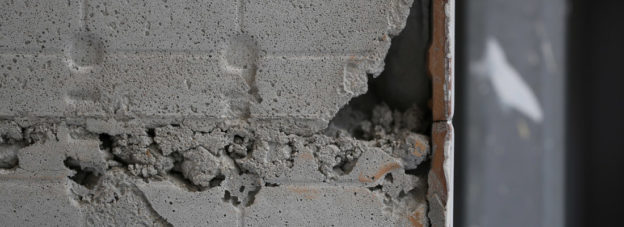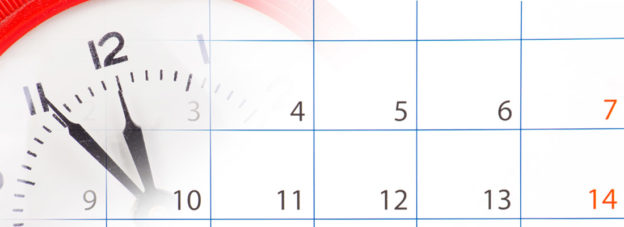By: Robert M. Caplan, Fabianna Pergolizzi and Brett N. Tishler
The Superior Court of New Jersey, Appellate Division, recently held, in N. J. Transit Corp v. Sanchez, No. A-0761-17T3, 2018 N.J. Super. LEXIS 168 (December 4, 2018), that pursuant to N.J.S.A. 34:15-40(f) (Section 40) of New Jersey’s Workers’ Compensation Act (WCA), workers’ compensation carriers have, without question, the independent right to seek reimbursement from negligent tortfeasors for economic damages. The court’s ruling cleared up years of confusion regarding the scope of recoverability of workers’ compensation subrogation liens. As noted by the court, a carrier’s workers’ compensation lien is NOT affected by New Jersey’s verbal threshold and no-fault statutes. Continue reading






